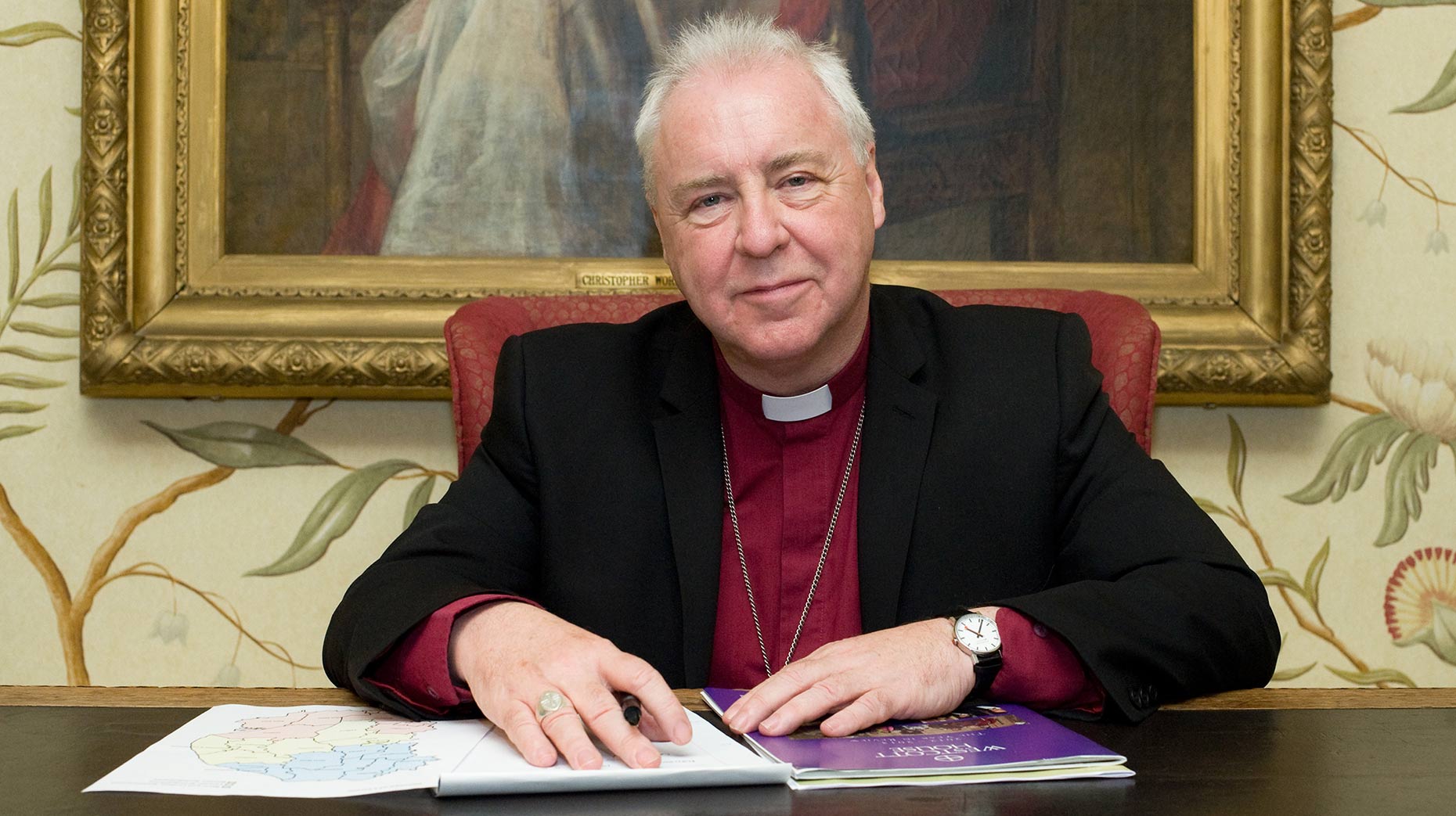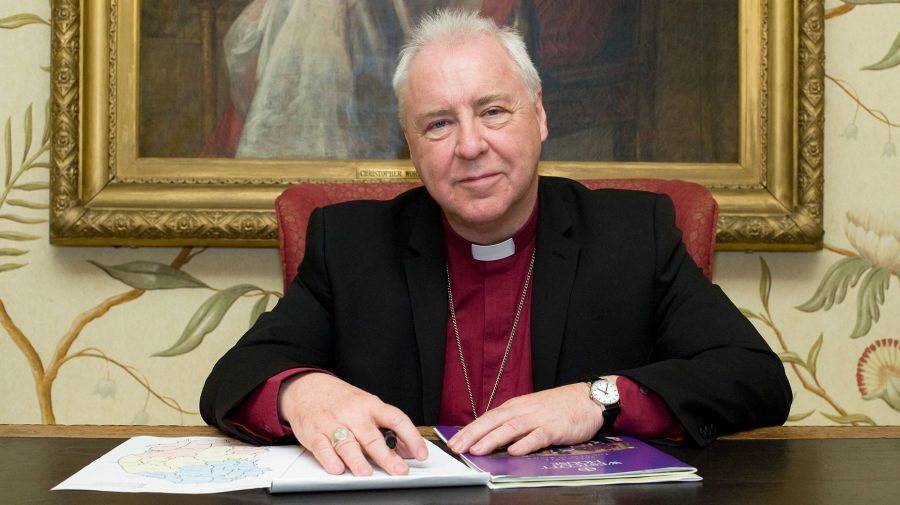Each year Christmas brings us the classics in terms of music and movies. Some come back year after year, while of late it has become quite a thing for department stores, airports and chemists to produce their own Christmas adverts.
There seems to be almost a competition each year to present a view of the world, to tell a story that catches the magic of Christmas. The adverts can also help us to focus on the actual story of Christmas that is about hope rather than Christmas cheer.
The advert that caught my eye this year was from the House of Fraser. Set to the 1970s song from The Staple Singers, the words ask ‘Who took the merry out of Christmas?’
The slogan resonated with me because, with all the challenges we face as a nation and the issues some of us face at home or at work, Christmas can be a pretty grim time. For many there is no such thing as a picture perfect Christmas. There is little chance to be merry.
For example, the Jo Cox Commission on Loneliness reminded us recently that many people in our land suffer physical and mental symptoms from enforced loneliness. We could all take more notice of our neighbours, particularly if they live alone.
The advert encourages fun at Christmas and ends on an upbeat note by telling us to ‘put the merry back into Christmas’, and I want to endorse that.
For a Christian, the merriment of the season is not so much from the consumer goods that these adverts are designed to draw us towards. The merriment comes from a gift that is not found under the tree all wrapped up but rather comes from the love that God has for each one of us, expressed in the gift of his son, Jesus Christ.
Through Jesus we have the beginning of our way back to a friendship with God and love for those around us. Secondly, through this gift we can begin to build a community at a local, national or international level that is marked by love, justice and peace. We are then able to have a genuinely merry Christmas.
So as you view the Christmas adverts that tell a story of Christmas, take time out from the consumer story to reflect on the gift that brings hope. God through Jesus comes to share our lives, which is not a few days of merriment but something that is much more profound.
I wish you a hopeful and a peaceful Christmas.







